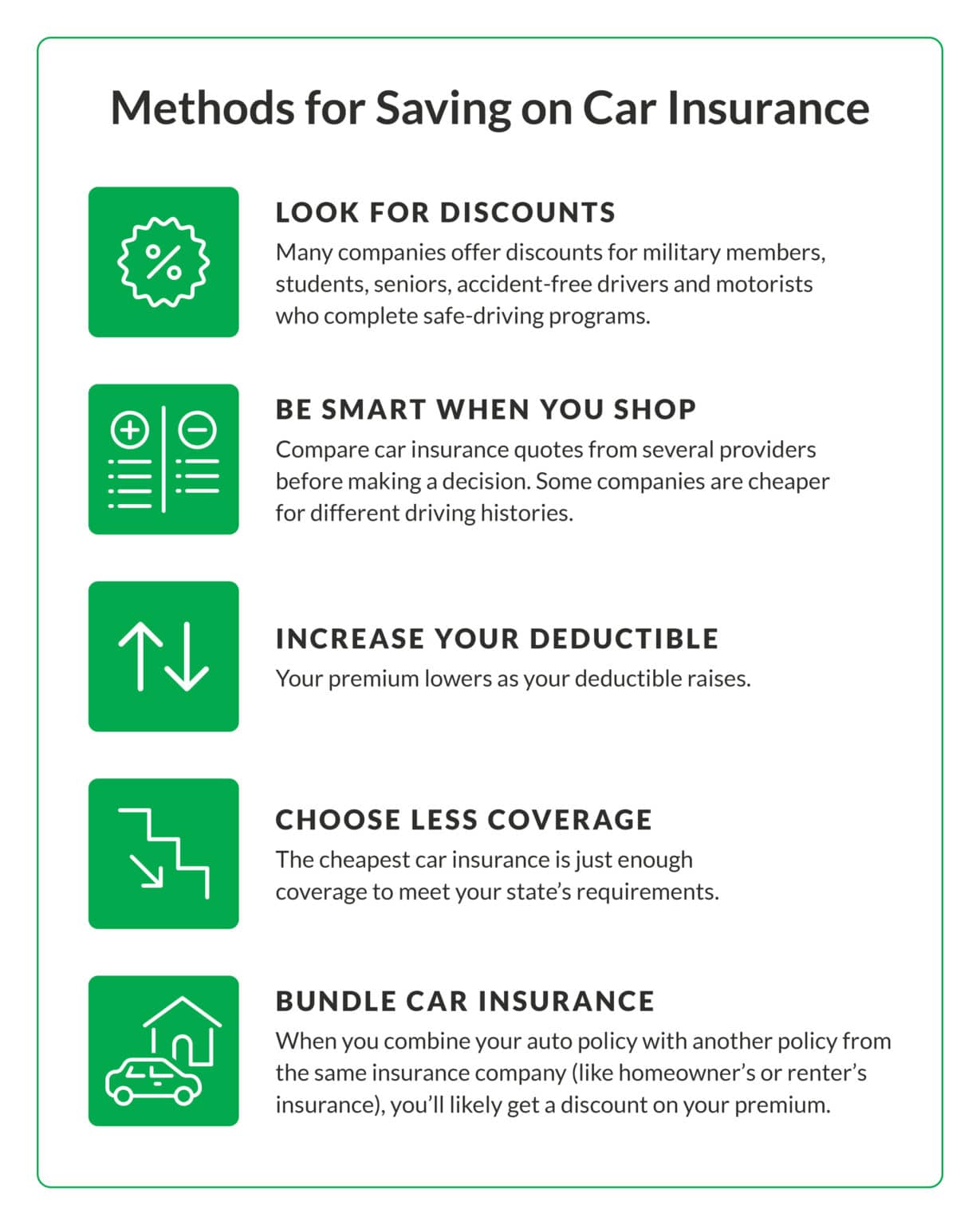Car insurance is an important aspect of responsible vehicle management, providing financial protection against a range of risks that drivers face on the road. For numerous individuals, navigating the landscape of auto insurance can be challenging, with a variety of options, coverage types, and terms that might appear confusing at first. Understanding the fundamentals of car insurance is crucial not only for adherence with statutory requirements but also for protecting your finances in the event of an accident or harm to your vehicle.
As a driver, being informed about car insurance helps you make wiser decisions about the coverage you require. From liability and collision coverage to understanding excesses and premiums, there are multiple factors that affect your insurance journey. This article aims to analyze the essential elements of car insurance, helping you comprehend what every driver should know to ensure they are properly protected while on the road.
Types of Car Insurance
You can find a number of types of car insurance plans available, each designed to meet different needs and preferences of drivers. The most common type is liability insurance, mandated in most states. This type of insurance pays for damages and injuries you cause to others in an accident where the driver is at fault. It typically includes bodily injury liability and property damage liability, protecting you against financial loss from claims made by others.
Another popular type is comprehensive coverage, that safeguards your vehicle from non-collision-related incidents. It encompasses theft, vandalism, natural disasters, and hitting an animal. Comprehensive insurance is particularly beneficial for those who live in areas prone to such risks or for drivers with newer, luxury vehicles. It provides peace of mind knowing that you are covered not just for accidents on the road but for unexpected situations as well.
Collision insurance is another essential component of many drivers' auto insurance plans. This type of insurance pays for damages to your vehicle resulting from a collision with another vehicle or object, no matter who caused it. If you are financing or leasing your car, collision coverage is usually mandated by creditors. Together, these types of coverage help ensure that you are safeguarded financially in a range of driving situations, giving you the assurance to hit the road.
Elements Determining Insurance Costs
Multiple key elements determine the costs that vehicular operators pay for car insurance. One major element is the motorist's years of experience and history behind the wheel. Typically, younger drivers or those with less background tend to face higher premiums due to their greater tendency of accidents. Insurers often view older, more seasoned drivers as more responsible behind the wheel, which can cause reduced costs.
The type of vehicle also has a crucial role in affecting insurance costs. Cars that are higher-priced to fix or replace usually come with higher premiums. Additionally, automobiles with advanced safety features may qualify for lower rates, as they are seen as less susceptible to be involved in severe accidents. Insurers will also evaluate the risk of theft or the automobile's safety records.
An additional significant aspect is the operator's claims history and financial rating. A record of past claims can suggest to insurers that a driver is at higher risk, resulting in higher premiums. Similarly, a person's financial score can affect costs, as insurers often use it as a metric of fiscal responsibility. Elevated financial scores may cause lower rates, while diminished scores could mean higher costs for auto insurance.
Ways to Pick the Proper Policy
Selecting the proper car insurance policy begins with understanding your unique needs as a driver. Consider factors such as your motor habits, the type of vehicle you own, and your budget. When you drive a modern car, you may want a policy with extensive coverage to protect against theft or damage. On the other hand, if your car is antique, minimum liability coverage may be sufficient. It's important to evaluate how much coverage you need based on your willingness to take risks and lifestyle.
After that, shop around and compare quotes from various providers. Insurance companies often have varying rates for identical coverage, so investing time in gather multiple quotes can yield considerable savings. Look beyond just the price; evaluate the company’s status, customer service, and claims process. Reading reviews and asking friends or family about their experiences can provide understanding into which insurers are dependable and offer comprehensive support.
Finally, familiarize yourself with the terms and conditions of each policy before making a decision. cheap car insurance near dallas, tx on the deductibles, coverage limits, and any exclusions that may apply. Don't hesitate to consult insurance agents for clarification on any points you find unclear. The goal is to ensure you find a policy that not only fits your budget but also grants you peace of mind while on the road.

